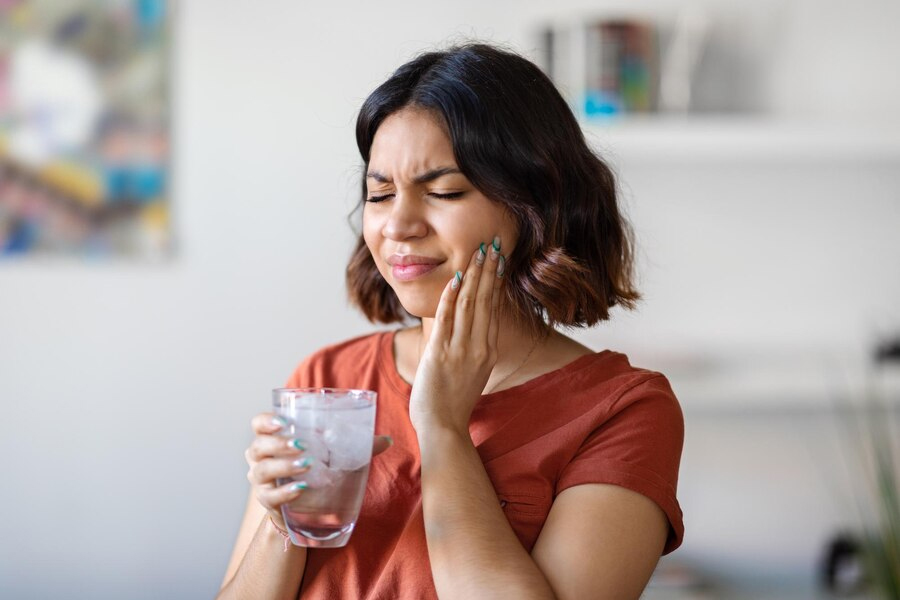
Dehydration is characterised by the loss of body fluid caused by illness, sweating, or inadequate intake of water. From headaches and dizziness to fast heart rate and muscle cramps, being dehydrated can cause several complications in the body. While these are often the most explored symptoms of dehydration, it is important to note that dehydration can also cause oral health issues and lead to mouth sores. For those of you wondering how and why, here's what an expert shared.
Table of Content:-
Also Read: Why You Feel Lightheaded After Waking Up: Possible Causes
Can Dehydration Cause Mouth Sores?

Speaking with the OnlyMyHealth team, Dr Saakshi Hinduja, Consultant – Dental Surgery, Aster CMI Hospital, Bengaluru, confirms that dehydration can cause mouth sores.
"When the body lacks adequate hydration, the salivary glands may not produce enough saliva, which is essential for keeping the mouth moist and protecting the mucous membranes. This dryness can lead to irritation and inflammation, making the tissues in the mouth more susceptible to damage and infection," she explains, adding that lack of saliva also reduces its natural antibacterial properties, allowing harmful bacteria to thrive, potentially leading to the formation of painful sores or ulcers.
Early Signs Of Dehydration In Your Mouth
According to Dr Hinduja, one of the first indicators is a dry mouth, which occurs when the body does not have enough fluids to produce saliva.
Other signs include a change in the colour of saliva, which may become thicker and more concentrated, indicating that the body is not adequately hydrated.
Cracked lips and a dry tongue can serve as visible reminders of dehydration, signalling the need for increased fluid intake to maintain optimal oral health.
Risk Of Long-Term Oral Health Problems Associated With Dehydration

Long-term dehydration can impact your mouth negatively. It can lead to dry mouth, also called xerostomia, which in turn increases your risk for tooth decay or fungal infections, according to the National Institute of Dental and Craniofacial Research.
Saliva plays a crucial role in clearing away bacteria, neutralising acids, and maintaining a healthy balance in the mouth. When the body lacks adequate hydration, saliva production decreases, leading to a dry environment where harmful bacteria thrive. This can also cause bad breath, plaque buildup, and a higher likelihood of cavities.
Over time, persistent dehydration may also contribute to gum inflammation, receding gums, and even tooth loss.
Tips To Stay Hydrated And Prevent Mouth Sores

Dr Hinduja recommends drinking an adequate amount of water throughout the day, aiming for at least eight 8-ounce glasses, or more if you are active or in a hot climate. She advises incorporating hydrating foods into your diet, such as fruits and vegetables with high water content like cucumbers, oranges, and strawberries, which can also significantly contribute to your hydration levels.
Additionally, avoiding excessive caffeine and alcohol is advisable, as these can lead to dehydration.
Maintain your oral health by regularly rinsing your mouth with a saline solution. Lastly, consider using a humidifier in your living space, especially during dry seasons, to keep the air moist and prevent your mouth from drying out, the doctor concludes.
Also watch this video
Read Next
Can Eye Power Change After LASIK? Expert Explains If The Effects Of This Treatment Are Permanent
How we keep this article up to date:
We work with experts and keep a close eye on the latest in health and wellness. Whenever there is a new research or helpful information, we update our articles with accurate and useful advice.
Current Version